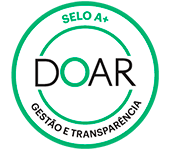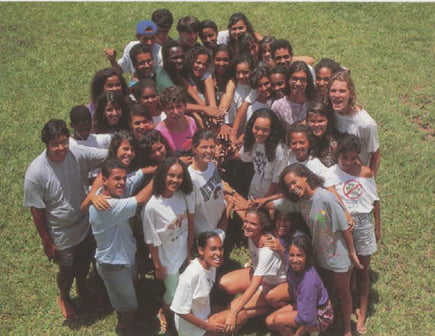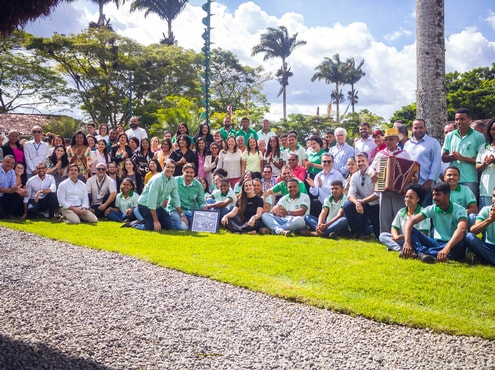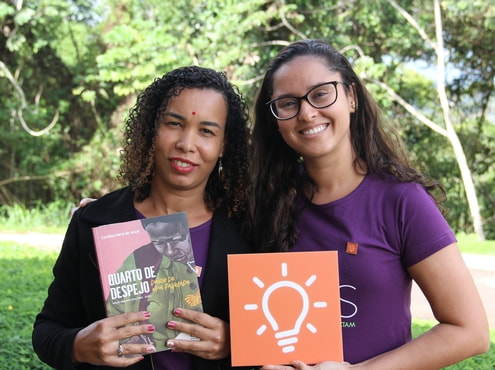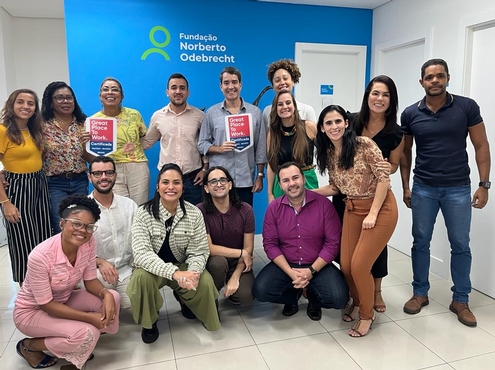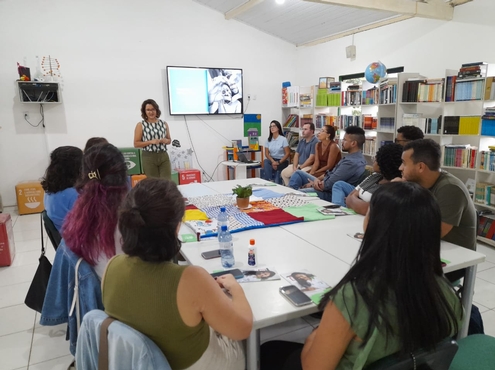Special 50 years – The End of the 1980s and Youth Leadership
The year 1988 arrived for what was then still called the Emílio Odebrecht Foundation as yet another turning point in its history, which had been marked by the support of issues that interested the entire Brazilian population
17 de June de 2015


